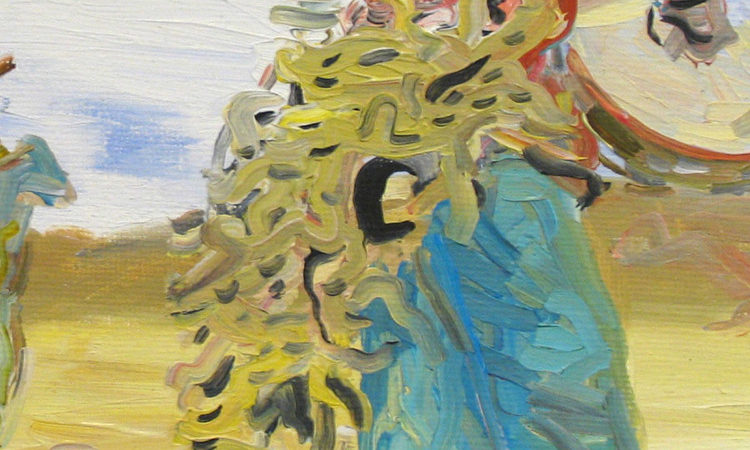Worse than White
Worse than White by Ginger Skinner Abigail was born too light. Too light for her momma and aunties. All of them varying shades of deep brown and proud of it. “I don’t know how that child ended up so light. Everybody say her momma laid down with one of them Proctors over in Birchwood,” said Aunt Millie. “Just as pale as a ghost. Like a lil white girl,” added Aunt Colleen. Shavonne from sixth grade was inky dark just like Aunt Colleen and described Abigail the very same way. It tended to ooze out of her mouth each time her fist met Abigail’s face. “Dumb ass white girl!” The last time it happened, Shavonne hooked Abigail’s leg with her foot just as she stepped off the school bus. Abigail landed hard, face first on the sidewalk, and all the fifth and sixth-graders watched as Shavonne hovered over her and spat out, “You think you better! Don’t you? Well, you ain’t.” Shavonne’s words bruised Abigail. Abigail had long blamed her father for her peachy-beige complexion and smattering of freckles. She’d suspected he was the culprit because she heard her momma once call him a “redbone devil.” And one time... Read More

